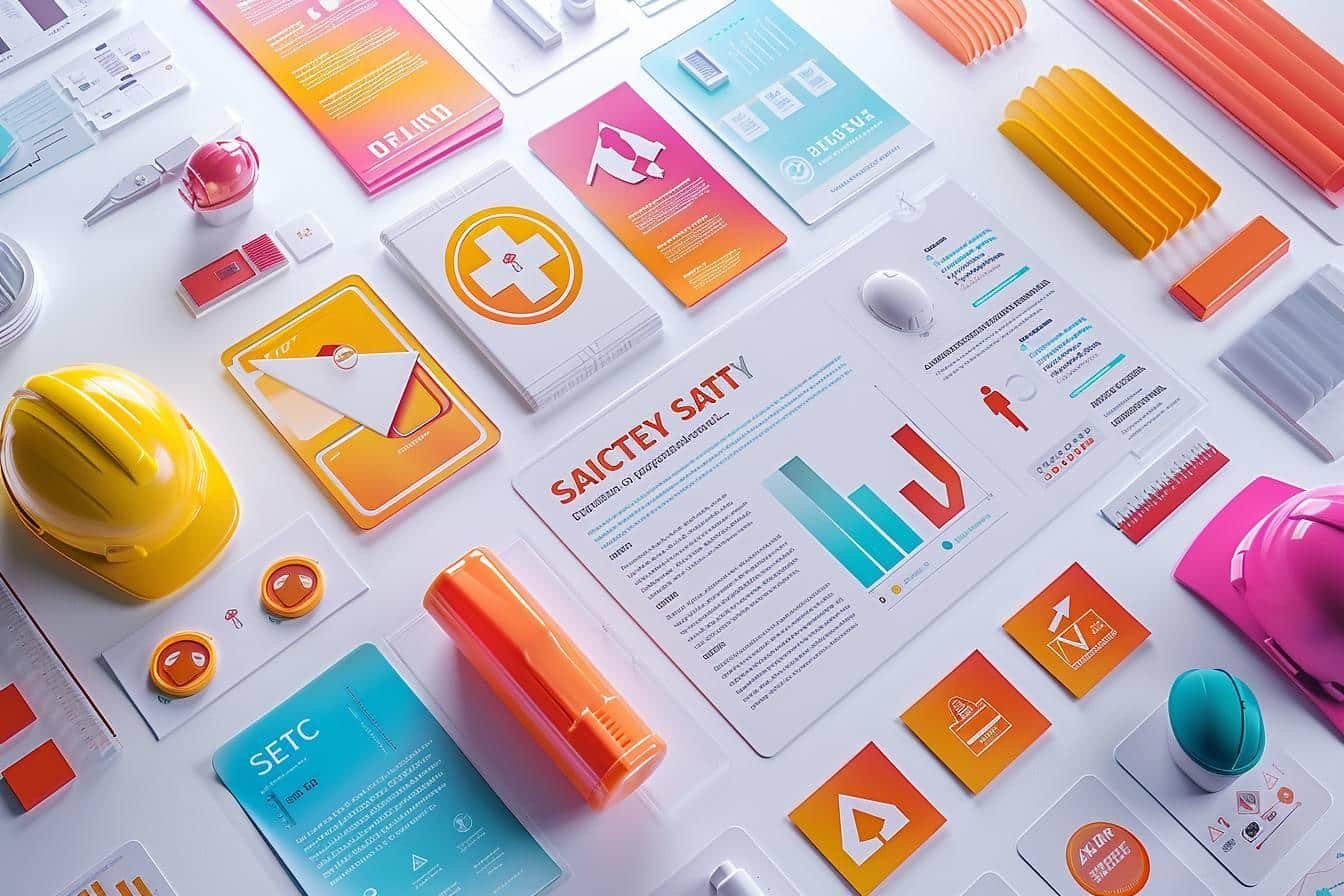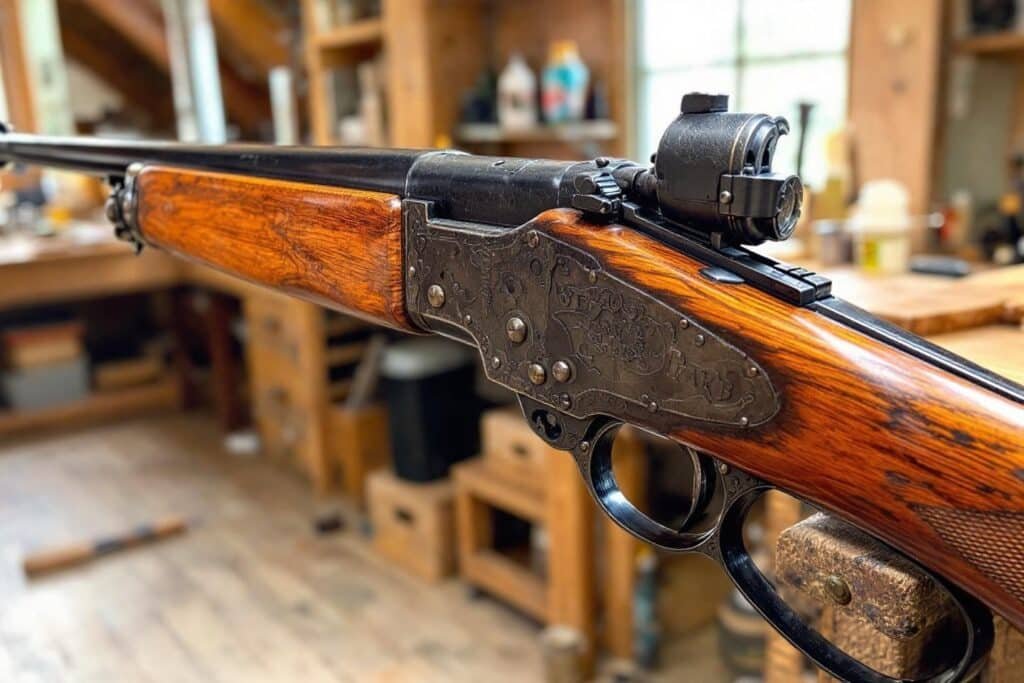The article in brief
French legislation strictly regulates the carrying of weapons, giving priority to prevention and public safety. Here are the key points to remember:
- Category D weapons are prohibited without just cause
- Penalties can include 15,000 fine and 1 year's imprisonment
- Legal alternatives exist, such as an alarm whistle or torch.
- La prevention and vigilance are the best protection
- Self-defence is a legal concept complex and framed
Ah, the famous question on everyone's lips: "What weapon can I carry with me? Let me enlighten you on this tricky subject, my friends. As a weapons specialist, I'm going to explain the subtleties of French legislation and give you some interesting alternatives. Fasten your seatbelts, we're off on a little tour of the interesting world of personal weaponry!
Legislation on carrying weapons in France
Let's start with the basics: in France, the carrying and transport of category D weapons (such as knives, tear gas canisters or shockers) are prohibited by law. prohibited from leaving the home without legitimate reason. Yes, you read that right! Even if you think your little Swiss Army knife is harmless, the law considers it a potential weapon.
But what is a legitimate reason, you might ask? Well, that's where things get tricky. Legitimate cause is assessed on a case-by-case basis, depending on the location, context and circumstances. For example, if you're a chef and you carry your knives to work, that's fine. But if you take your collection of machetes into a public park... well, that's going to be a lot harder to justify!
Penalties for non-compliance
Be careful, friends, because penalties for carrying or transporting a weapon without legitimate reason are not to be taken lightly. You risk :
- 15,000 fine
- 1 year in prison
- These penalties can be doubled if you are in a group
That said, if you are acting in good faith and voluntarily hand over your weapon to the police, the fine may be reduced to €500. A good thing for your wallet!
Exceptions to the rule
There are a few exceptions to this strict rule. Traditional pocket knives, such as Opinel or Laguiole, are generally tolerated if they are used normally. I myself always carry my little Opinel in my pocket when I go on picnics, and I've never had any problems.
What's more, the purchase and possession of category D firearms at home is authorised for adults. So if you want to collect electric shockers at home, that's your right! But don't try taking them for a walk...
Legal alternatives to ensure your safety
Now that we've covered what you can't do, let's talk about what you can. Because yes, there are legal ways to feel safe without carrying a Beretta PX4 Storm in your pocket (which would be totally illegal, of course).
Defensive objects not considered weapons
There are items that can help you feel safer without being classified as weapons. For example:
- An alarm whistle
- A powerful torch
- Pepper spray (caution: some are considered weapons)
Used wisely, these objects can help you deter a potential attacker or attract attention in the event of danger.
The importance of prevention and vigilance
You know, in 30 years of experience in the weapons field, I've learned one thing: the best weapon is prevention. Being vigilant, avoiding risky situations, knowing how to react in the event of danger... all that is much more effective than a knife or a Taser.
Here's a quick summary of how to stay safe:
| Situation | Recommended behaviour |
|---|---|
| Walking alone at night | Stay in well-lit, busy areas |
| Using public transport | Remain vigilant and keep your personal belongings close to you |
| In the event of a threat | Making noise, attracting attention, seeking help |

Self-defence: myth and reality
Ah, self-defence! Here's a subject that's been much talked about. Many people think that having a weapon to defend oneself is a legitimate reason. Sorry to disappoint you, but this is not the case. Carrying a weapon for self-defence is not considered a legitimate reason in itself.
However, in cases of self-defence in the home, the use of a category D weapon may be justified. This is known as proportionate self-defence. But don't take this as a blank cheque to turn your home into an armed fortress!
The limits of self-defence
Self-defence is a complex legal concept. It must meet several criteria:
- The attack must be real and imminent
- The response must be proportionate to the attack
- There must be no other way of avoiding the danger
In other words, if someone threatens you with a toothpick, you can't pull out your flamethrower (even if you have one, which would be surprising and probably illegal).
The legal consequences of using a weapon
Even in self-defence, using a weapon can have serious legal consequences. You'll have to justify your actions in court, and believe me, that's no picnic. I have seen many clients find themselves in difficult situations after acting out of fear.
My advice? Always opt for escape or calling the police rather than confrontation. Your life is worth more than your pride or your material possessions.
Towards a safer society without guns
At the end of the day, the question is not so much what weapons you can carry, but rather how to create a society where you don't have to ask that question. Safety is everyone's business, not just that of the police.
Rather than seeking to arm ourselves, let's focus on prevention, education and solidarity. Let's learn to be vigilant without being paranoid, to help each other rather than distrust each other. That's how we'll create a truly safe environment for everyone.
Remember: the best weapon you can carry is your common sense. Use it wisely, and you'll probably never need anything else to keep you safe.
Additional sources:



